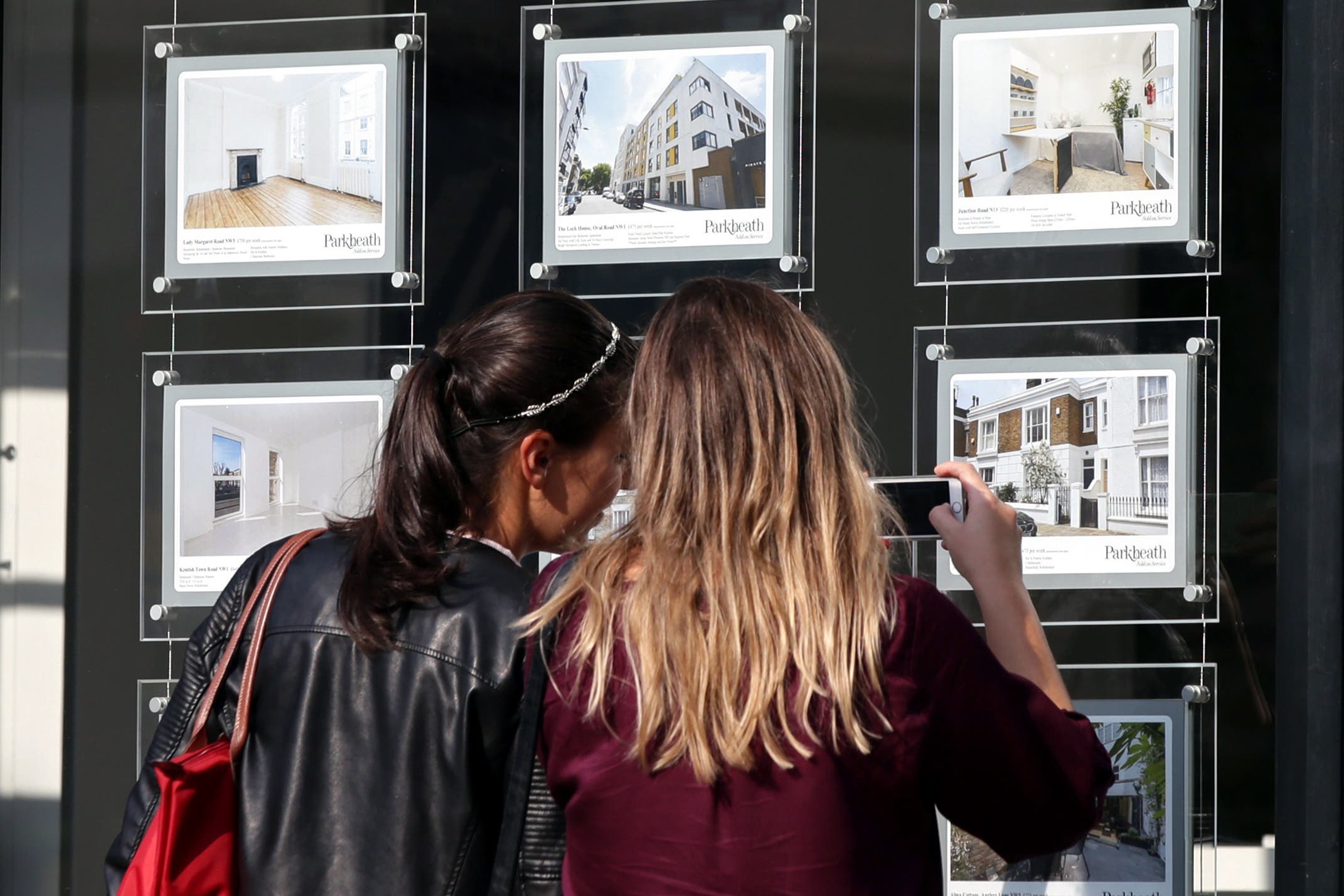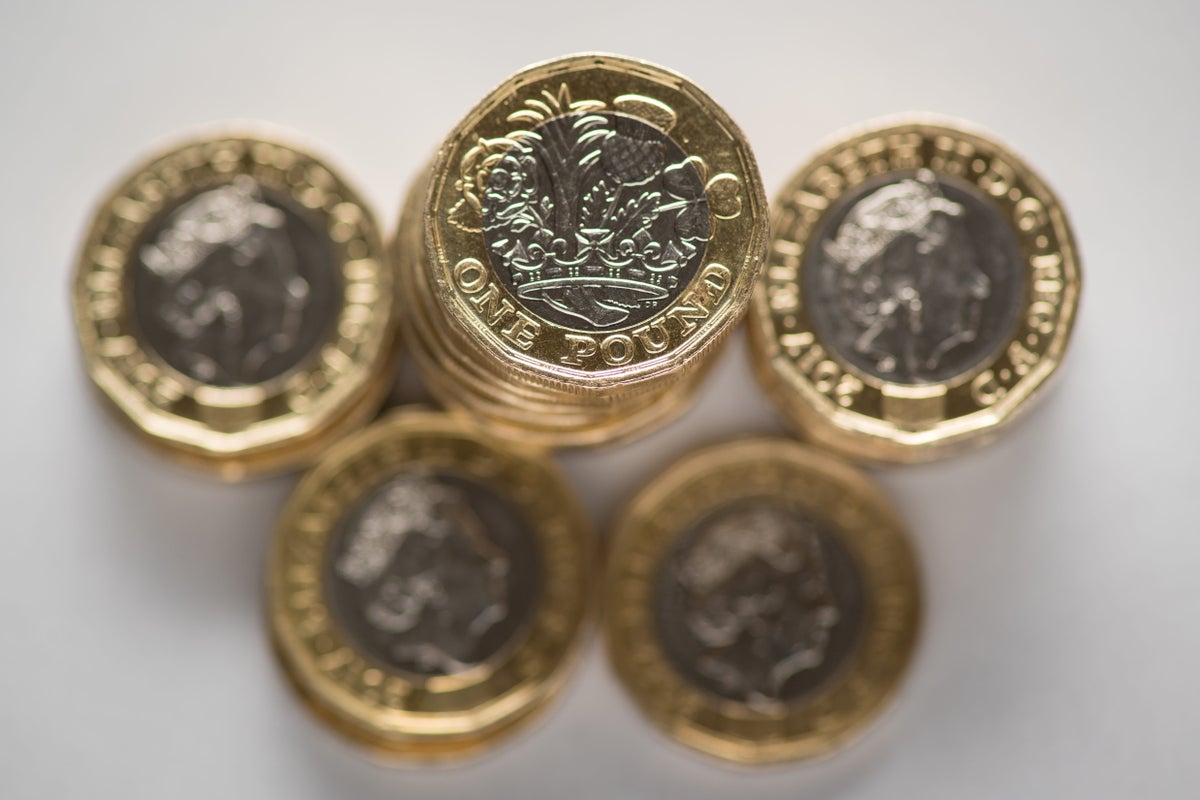Mortgage rules for first time buyers could be relaxed in plans reportedly being studied by regulators as the government looks for ways to grow the economy.
The rules were tightened in the wake of the financial crisis when borrowers could take on mortgages worth as much as 110 per cent of the value of a home.
Such loose lending was partly blamed for the mess banks found themselves in, with brands like Northern Rock and Bradford & Bingley disappearing from the high street because of their disastrous lending.
Since then, banks have been told to stick to strict affordability criteria, typically only lending four to five times an applicant’s salary and testing what would happen to their finances if rates were to rise sharply. Mortgages that allow borrowing above 90 per cent of a property’s value are now rare and expensive.
But Chancellor Rachel Reeves is keen to gear up economic growth and has urged regulators to “tear down” red tape.

The economy grew by just 0.1 percent in November after shrinking in October and September, figures from the Office for National Statistics released on Thursday said.
The figure was also below the 0.2 per cent rise many economists had expected.
Ms Reeves needs the economy to grow faster in order to be able to pay rising costs for the government’s debts without making cuts or raising taxes.
A larger economy means more tax revenues without raising tax rates or introducing new taxes.
Responding to the data, Ms Reeves said she will “fight every day to deliver” economic growth.
The chancellor told regulators including the Competition and Markets Authority and the Environment Agency that they needed to deliver a “mindset shift on regulation” to boost growth, The Times reported.
The meeting was held after the economic data was released.
The proposals could allow more banks to offer cheaper 90 percent loan-to-value mortgages which often help buyers into their first home.
Other ideas to increase growth include raising the cap on contactless card payments, which is currently set at £100. Above that limit, a pin number must be entered to make a purchase.
Source: independent.co.uk


